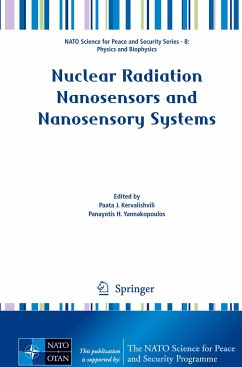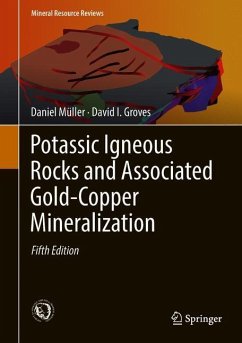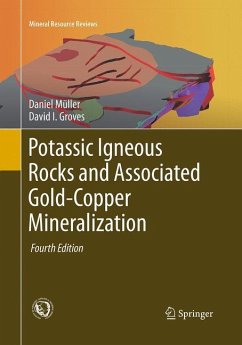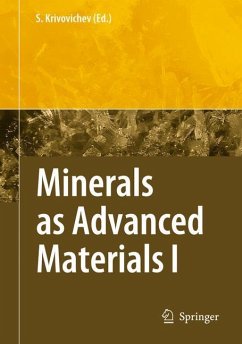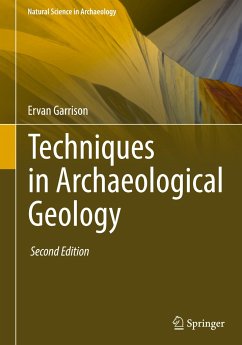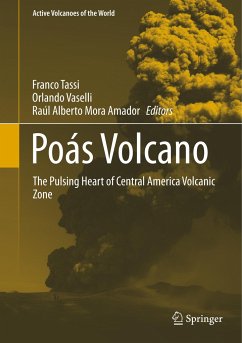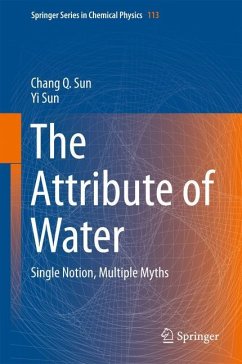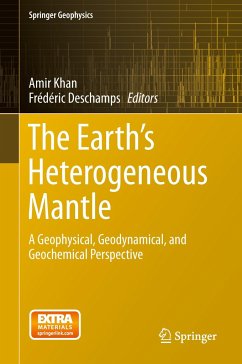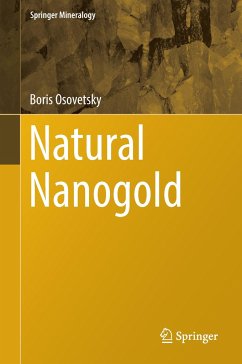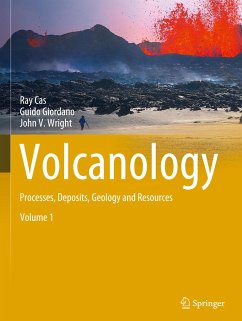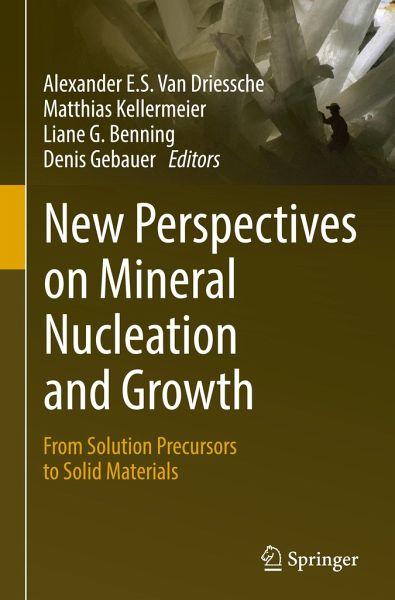
New Perspectives on Mineral Nucleation and Growth
From Solution Precursors to Solid Materials
Herausgegeben: Van Driessche, Alexander E.S.; Kellermeier, Matthias; Benning, Liane G.; Gebauer, Denis

PAYBACK Punkte
65 °P sammeln!
In the last decade, numerous studies have demonstrated the existence of alternative pathways to nucleation and crystallisation that oppose the classical view. Such proposed scenarios include multistage reactions proceeding via various precursor species and/or intermediate phases. The aim of this book is to review and discuss these recent advances in our understanding of the early stages of mineralisation through a series of contributions that address both experimental and theoretical studies about the formation and nature of initial precursor species (e.g., prenucleation clusters, dense liquid...
In the last decade, numerous studies have demonstrated the existence of alternative pathways to nucleation and crystallisation that oppose the classical view. Such proposed scenarios include multistage reactions proceeding via various precursor species and/or intermediate phases. The aim of this book is to review and discuss these recent advances in our understanding of the early stages of mineralisation through a series of contributions that address both experimental and theoretical studies about the formation and nature of initial precursor species (e.g., prenucleation clusters, dense liquid phases, amorphous nanoparticles, etc.) as well as their transformations leading to the stable mineral phase. Several chapters are devoted to cutting-edge analytical techniques used for investigating the above processes in situ, in real time and at conditions relevant to both natural and industrial processes. At the end of the book, the editors summarize the key questions that still needto be addressed in order to establish a complete picture of the nucleation and growth processes involved during the formation of minerals



